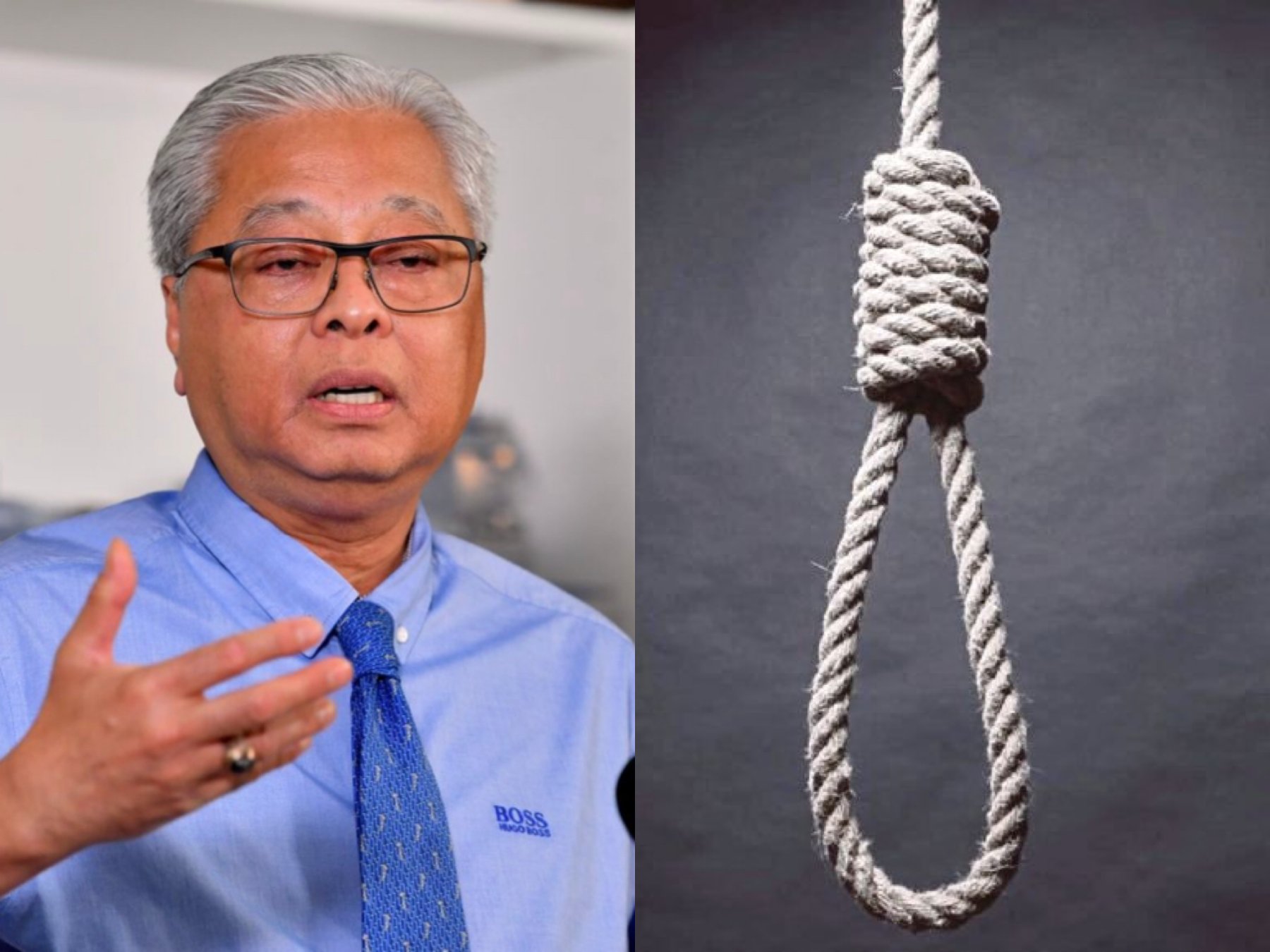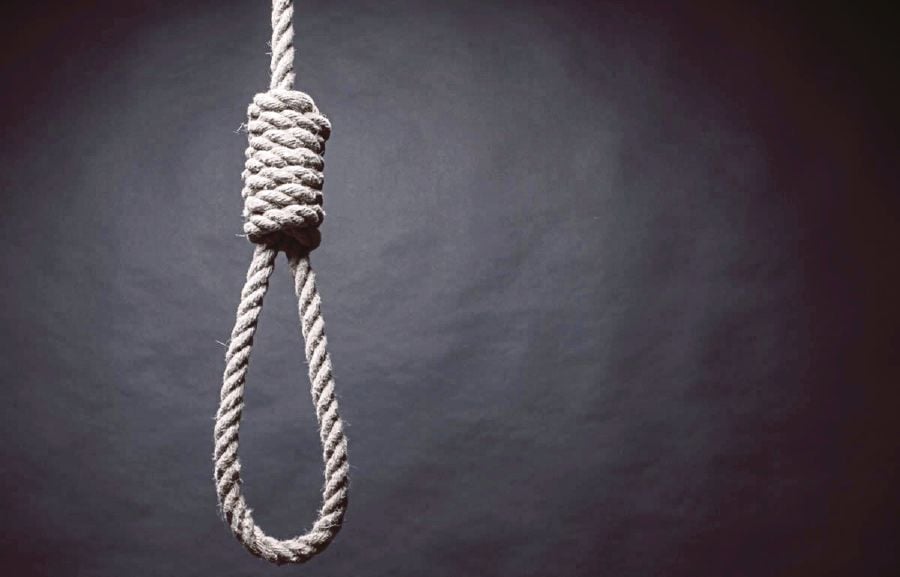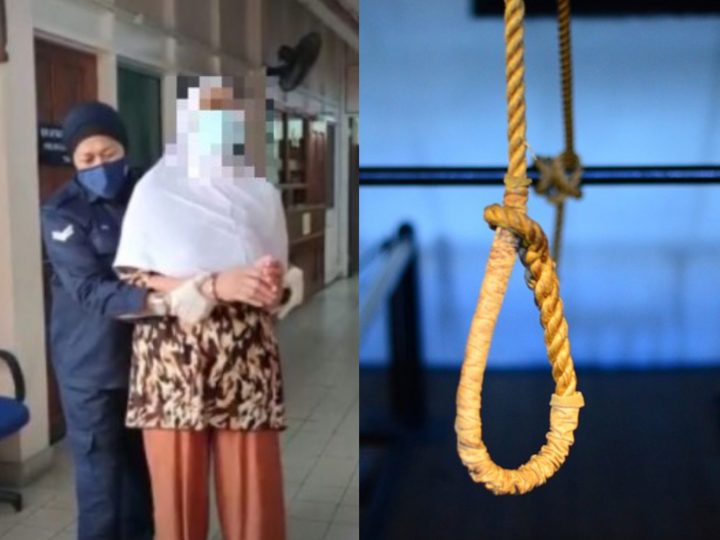Mandatory Death Penalty Abolished, But The Death Penalty Itself Remains As Per Judges’ Discretion
 Thirsty for JUICE content? Quench your cravings on our Instagram, TikTok and WhatsApp
Thirsty for JUICE content? Quench your cravings on our Instagram, TikTok and WhatsApp

Last week, it was announced that the Malaysian government has agreed to abolish the mandatory death penalty in our country, a move which has been lauded by many as a step in the right direction.
However, many seem to be confused on the matter, especially in regards to the difference between mandatory death penalty and death penalty itself.
Hence, Prime Minister Datuk Seri Ismail Sabri Yaakob has released a statement to clarify on the matter, saying that the death penalty will remain and not be abolished. Instead, the change is only on the fact that judges are now given discretion in sentencing.

As reported by Bernama, Ismail elaborated that the ‘mandatory’ part will be removed, whereby the judges will no longer be bound by the word which leaves them with no choice but to impose the death penalty on criminal offenders as provided by law.
Among the most notable laws in our country with a mandatory death penalty sentence is in regards to drug trafficking.
The Prime Minister said, “We are of the view that everyone deserves a second chance.”
“If there are two options (of sentences), and if the offender is found to be a hardcore drug trafficker to the extent of causing hundreds of thousands of people to die (due to drugs), he can be sentenced to death and allowed to be sent to the gallows,” said the PM.
“However, if the judge, in his discretion, felt that the offender should be given a second chance and decides to sentence him to life imprisonment with whipping, he can substitute the mandatory death penalty with that life sentence,” he added.

Ismail further gave example of Section 39B of the Dangerous Drugs Act 1952 which provides for mandatory death penalty upon conviction.
However, with the change, judges will soon be able to take several factors into consideration instead of having no choice but to impose the death penalty.
The Prime Minister further clarified, “Sometimes, the case involves an 18-year-old. The judge may find him ‘trapped’ as drugs were found in his bag but he could not prove that they belonged to somebody else.
“And the court had to send him to the gallows even though the judge felt that the accused was just a young man who should be given a second chance to change.”
What’s your stance on the abolishment of mandatory death penalty in Malaysia?


 Get Audio+
Get Audio+ Hot FM
Hot FM Kool 101
Kool 101 Eight FM
Eight FM Fly FM
Fly FM Molek FM
Molek FM